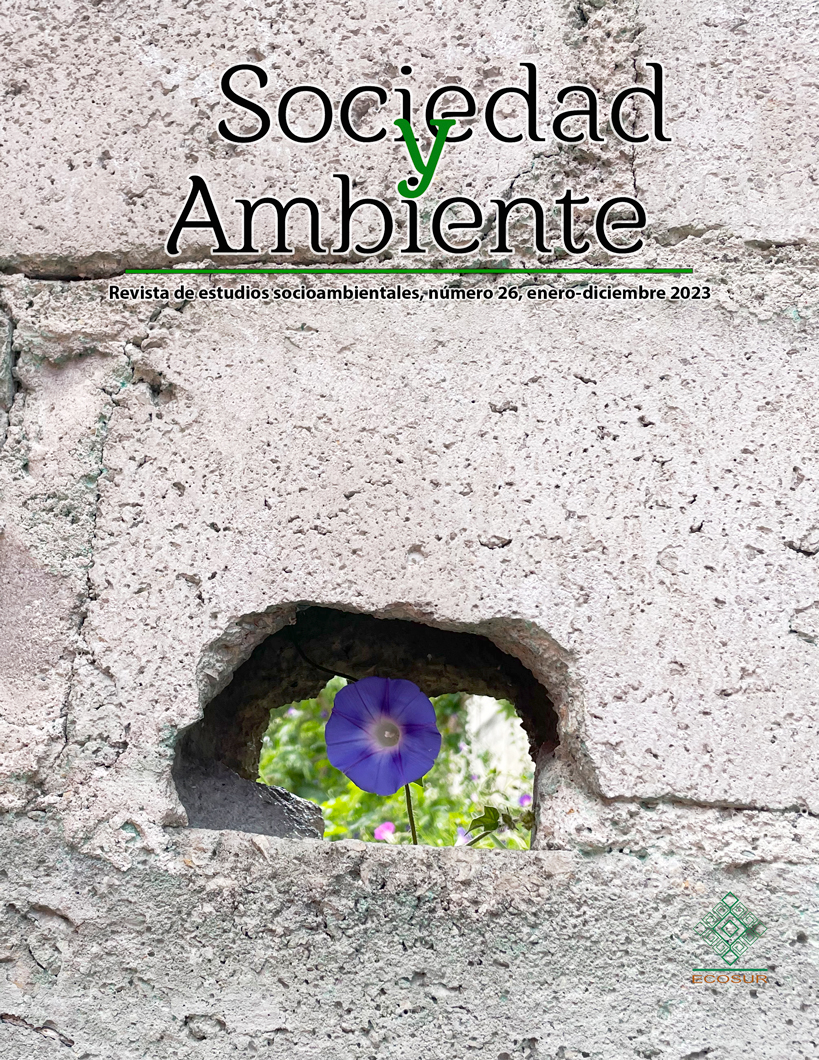Abstract
The co-production of ecosystem services involves a transformation process of natural capital and all increase, conservation, and restoration of ecosystem services through human actions. The Mexican Payment for Environmental Services (PSA, by its initials in Spanish) program is an example of co-production due to the use of inputs, institutional factors —such as legal structures and frameworks—and the participation of beneficiaries, which result in the production of many ecosystem services. Through semi-structured interviews, we sought to know the perceptions of PSA actors and administrators, including some ejidos experiences in an endorheic basin of Durango, Mexico, which offers multiple ecosystem services to local communities. Although compliance with the PSA objectives was perceived, and there is a description of the use of inputs in co-production, we found ecosystem dynamics and relational values inefficiencies. This contribution helps to understand aspects not considered in the program results, such as ecosystem dynamics, including synergies or exchanges, derived from works carried out and internal perceptions of the participants in the co-production process to improve future decision-making.

Sociedad y Ambiente by ECOSUR is licensed under a Creative Commons Reconocimiento-NoComercial-SinObraDerivada 2.5 México License


